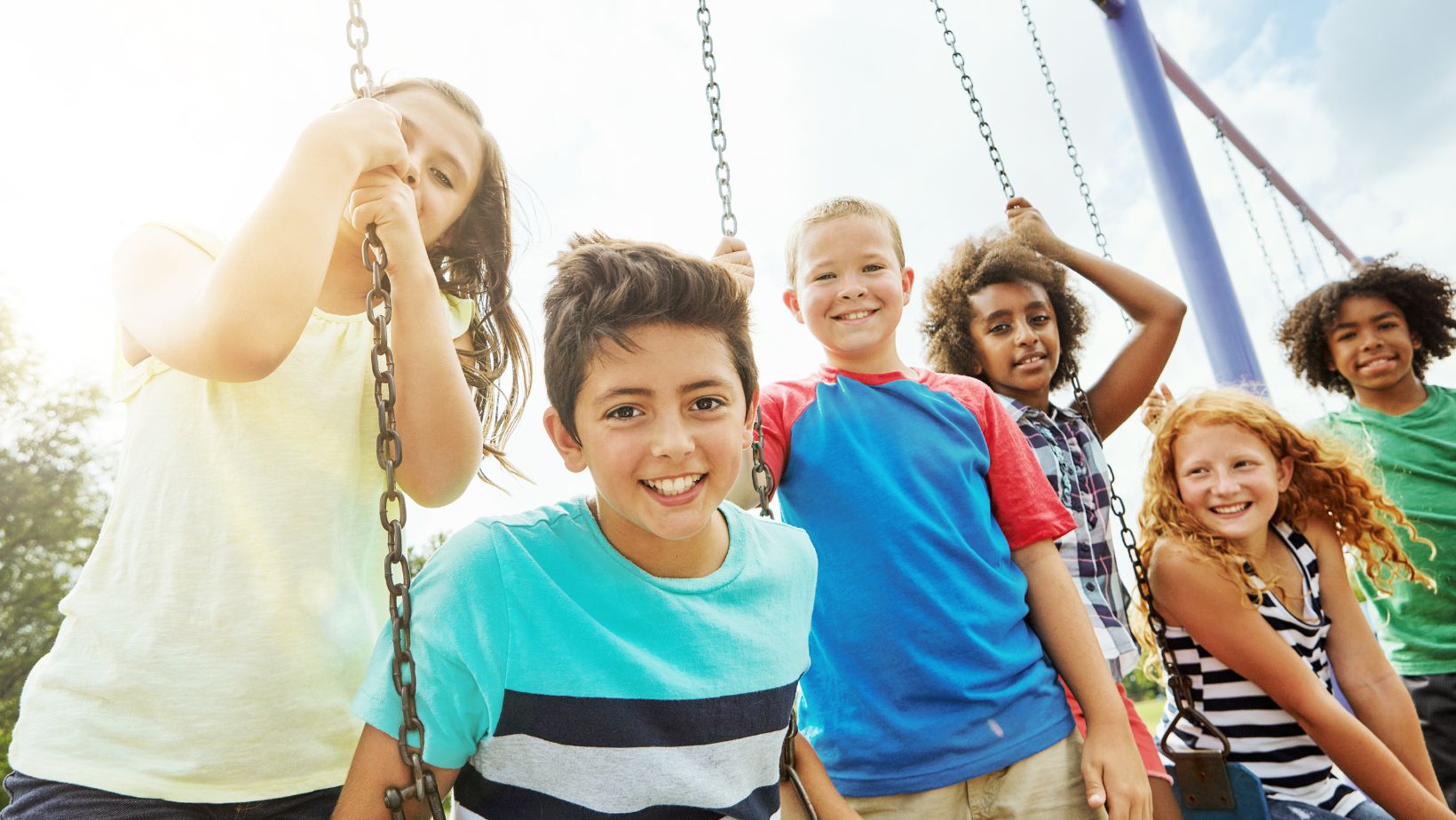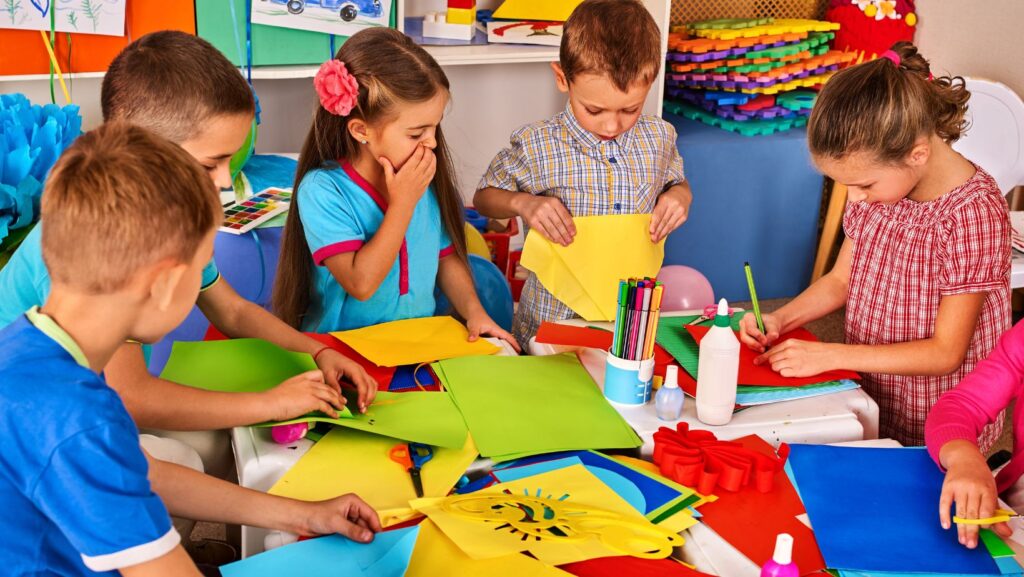As parents and caregivers, we all want the best for our children but in the blur of packed lunches, nap schedules, and pick-up lines, one critical question often gets buried: Is my child’s development being truly prioritised where they spend most of their day? Early childhood development is not just a checklist of milestones, it’s the soil in which a child’s entire future is rooted. In a time when life moves fast and child care decisions are often made out of necessity rather than choice, we need to slow down and ask: what does “best” actually mean when it comes to child learning? It’s not always about the flashiest facility or the longest list of daily activities. It’s about intentional care, consistent emotional support, and environments that honor the unique pace at which every child grows. The center you choose isn’t just a convenience, it’s a co-parent in your child’s early years. And that makes the decision deeply personal, and deeply impactful.
The Real Definition of “Perfect” in Early Education
We’ve been conditioned to think the best child care centres are the ones with waiting lists, bilingual flashcards, and daily report apps. But the truth is, early childhood development happens through relationships, not just routines. Yes, structure matters, but connection matters more. Children thrive where they feel emotionally safe, seen, and supported. That emotional security becomes the launchpad for exploration, creativity, and lifelong learning.
Look at how your child interacts with their caregivers. Are they welcomed with warmth? Is their curiosity encouraged, not redirected? The right center will foster a child’s confidence and autonomy, not suppress it in favor of rigid academic preparation. That’s one reason more families are looking to places like Bright Horizons, where intentional play, personalized attention, and social-emotional learning are deeply embedded in the daily rhythm, not just buzzwords printed on brochures. A great child care provider doesn’t just “watch” your child, they partner with you in shaping their early development.
Beyond ABCs: What Meaningful Child Learning Looks Like
In the rush to ensure children are “school-ready,” we sometimes lose sight of what child learning really means in the early years. Yes, cognitive development matters. But the real wins often go unnoticed: when a child figures out how to ask for help, resolves a conflict with a peer, or expresses a new idea in their own words. These are signs of deep growth on an emotional, social, and cognitive level.
Unfortunately, not all child care environments support this kind of development equally. Some centers focus heavily on managing behavior or fast-tracking academics, with little attention paid to how a child is actually experiencing their day. The best centers, however, know that the most powerful learning happens when children are given space to lead their own play, make mistakes, and recover with encouragement. They build lessons into stories, music, art, and movement; meeting children where they are, not rushing them ahead of where they should be.
If your child is regularly coming home feeling seen, capable, and understood, that’s the kind of learning that’s going to last. The center you choose should feel like an extension of your own parenting values, not a compromise.
What to Ask, What to Notice, and What to Trust
When touring or researching potential centers, go beyond the brochure. Ask about staff turnover—consistency is key for young children. Observe how teachers speak to the children and to each other. Are they present, patient, and engaged? Is the room filled with more worksheets or with opportunities for creative, open-ended play?
It’s also worth noticing your gut response. Do you feel welcome? Do staff make time to talk to you or brush past your concerns? The best centers know that families are not “clients” but they are partners in the developmental journey. They listen, adapt, and make time for the individual needs of both child and parent.

And finally, trust what your child shows you. A child who resists drop-off every once in a while is normal. But if there’s a consistent sense of dread, anxiety, or detachment, it’s worth pausing. You know your child best, and their behavior is often the clearest feedback about how supported or unsupported they feel.
A New Standard for “Best”
What if we stopped measuring a center’s value by how soon it teaches reading and started asking how well it builds resilience, confidence, and joy? What if the true marker of success was how safe, inspired, and heard our children feel during the most formative years of their lives?
Choosing the right child care provider isn’t about chasing prestige or checking boxes. It’s about finding a place that treats your child as more than a student but as a whole person. A place where development isn’t rushed but nurtured. Where learning is playful, not pressured. And where your child’s sense of self is protected and celebrated.
Early childhood development isn’t about keeping up, it’s about slowing down to build the right foundation. The best center is the one that sees your child clearly, supports their growth intentionally, and honors the magic of their becoming. So the next time you weigh your options, don’t ask only what your child will learn—ask how they’ll be loved while they learn. Because that’s where real development begins.
